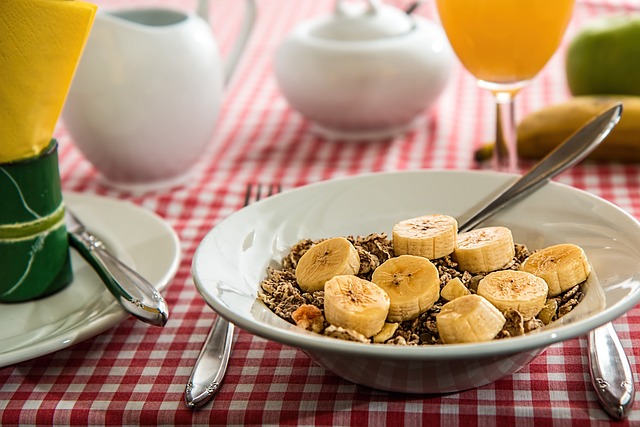Probiotics 101: Your Essential Guide to Understanding and Using Beneficial Bacteria
Welcome to our comprehensive guide on probiotics! In recent years, there has been a growing interest in these beneficial bacteria and their potential health benefits. Whether you have heard about probiotics from a friend, seen them advertised in stores, or are simply curious to learn more, you’ve come to the right place.
What are Probiotics?
Probiotics are live microorganisms that offer a range of health benefits when consumed in adequate amounts. While bacteria are commonly associated with illness, certain types of bacteria are beneficial and can support our overall well-being. Probiotics can be found in various foods, beverages, and dietary supplements.
Types of Probiotics
There are many different strains of probiotics, but the most commonly studied and used ones include:
- Lactobacillus: This is the most common type of probiotic, found in yogurt and other fermented foods. It may help with diarrhea and improve symptoms of lactose intolerance.
- Bifidobacterium: These probiotics are found in some dairy products and can help relieve symptoms of irritable bowel syndrome (IBS) and other digestive issues.
- Saccharomyces boulardii: This yeast probiotic is useful in preventing and treating certain types of diarrhea.
- Escherichia coli (E. coli): While E. coli is often associated with food poisoning, certain strains are beneficial and can help reduce inflammation and improve gut health.
Health Benefits of Probiotics
The consumption of probiotics is associated with several health benefits, including:
- Improved Digestive Health: Probiotics can help maintain a healthy balance of bacteria in the gut, which aids digestion and prevents digestive issues such as diarrhea, constipation, and bloating.
- Boosted Immune System: Probiotics play a crucial role in supporting the immune system, helping to protect against common infections and potentially reducing the risk of certain allergies and autoimmune diseases.
- Enhanced Mental Health: Emerging research suggests a link between gut health and mental well-being. Probiotics may help alleviate symptoms of depression, anxiety, and stress.
- Improved Heart Health: Some strains of probiotics have been shown to help lower cholesterol levels and blood pressure, reducing the risk of heart disease.
- Support for Healthy Weight Management: Certain probiotics may promote weight loss and prevent weight gain by aiding in fat metabolism and appetite regulation.
How to Incorporate Probiotics into Your Diet
Probiotics can be obtained through both food sources and dietary supplements. Here are some simple ways to incorporate them into your daily routine:
- Yogurt: Choose yogurts that contain live and active cultures, such as Lactobacillus or Bifidobacterium. Avoid yogurts with high sugar content.
- Fermented Foods: Add fermented foods like sauerkraut, kimchi, miso, and kefir to your meals.
- Probiotic Supplements: If you find it challenging to consume enough probiotic-rich foods, consider taking a probiotic supplement. Consult with a healthcare professional for guidance.
Things to Consider
While probiotics offer numerous potential benefits, there are a few things to keep in mind:
- Effectiveness: Probiotic benefits can vary between individuals due to factors such as the specific strain, dosage, and overall health.
- Storage and Handling: Probiotics are delicate and can lose their effectiveness if not stored properly. Follow the storage instructions on the packaging.
- Consult a Healthcare Professional:







